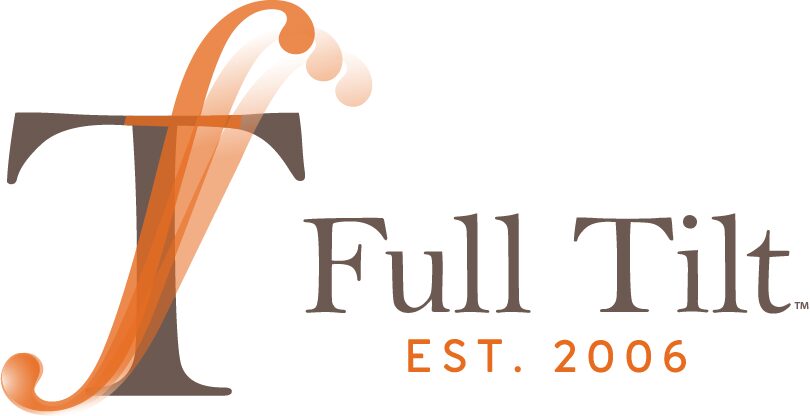R is having a moment. After decades of explaining to people how what we do is different than advertising and discussion after discussion on the value of PR, AI is supporting what we’ve been preaching all along. Thought leadership, deep subject matter expertise and third-party validation are key to earning trust. In fact, AI is using these criteria directly when determining what content to source.
Though many brands have reported declines in website traffic as Google adopted its AI Overviews and users have increasingly migrated to AI tools like ChatGPT for their inquiries, this behavior change has been happening for long enough now that we have clear data and patterns to help brands understand how to navigate the new search landscape. In fact, Axios and Muck Rack just released a report based on more than 1,000,000 links from AI responses that show us how AI is prioritizing content and brands.
The good news is that the results aren’t too different from what we’ve been practicing as great marketers for years. These tips will help you ensure your brand is easily discoverable as AI engines become the search engine of choice.
- Prioritize content marketing.
Corporate blogs and content were the number one source cited in the Axios/Muck Rack report. For advice-seeking queries, such content made up 48% of the AI results. The research also found that AI gave preference to content written in the past year, making a robust content marketing program a top priority to stay searchable today. - Amp up media relations.
27% of links analyzed in the Axios/Muck Rack report were journalistic reporting. And though top-tier outlets like Reuters and AP won out in terms of frequency, specialty publications and trade outlets were also trusted sources for highly specific inquiries. That means a well-rounded media relations program is key to gaining traction with AI. - Think (and write) like a human.
People talk to AI like they would to each other. They are giving more context to their searches than ever before. For example, instead of searching for “business accounting tools,” they may ask “what’s the best accounting tool for a manufacturing business with $500 million in revenue?” Adapt your content plans accordingly. - Don’t ignore traditional SEO fundamentals.
What’s good for human readers and traditional search engines is also good for AI. Clean site programming, schema markup and structured data is as beneficial to AI as it is to traditional Google search. And well-written, well-organized content using clear language, headings, bullets and multimedia make content easily digestible for all.
Although the terminology and habits may be changing (whether we are calling it SEO, GEO, AEO, or AISO is still much debated), brands that prioritize the human experience – even in the age of AI – are the ones that will win buyers’ trust. AI is trained on human intelligence, after all.
Full Tilt is an award-winning marketing communications agency, and we’d love to chat about how we can help your brand stand out and be found – whether it’s by AI, buyers, potential employees or other stakeholders. Ready to amplify your brand?


